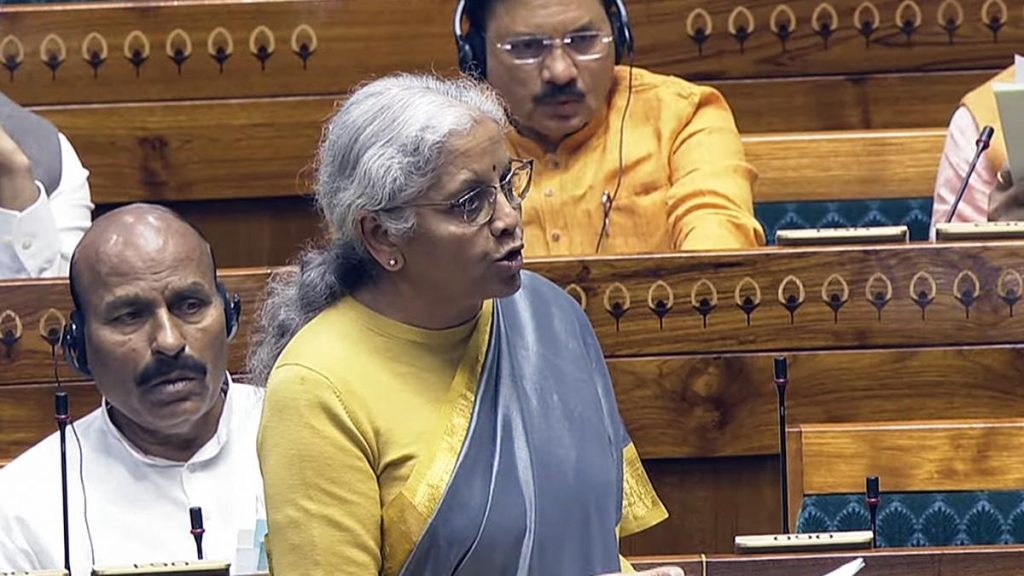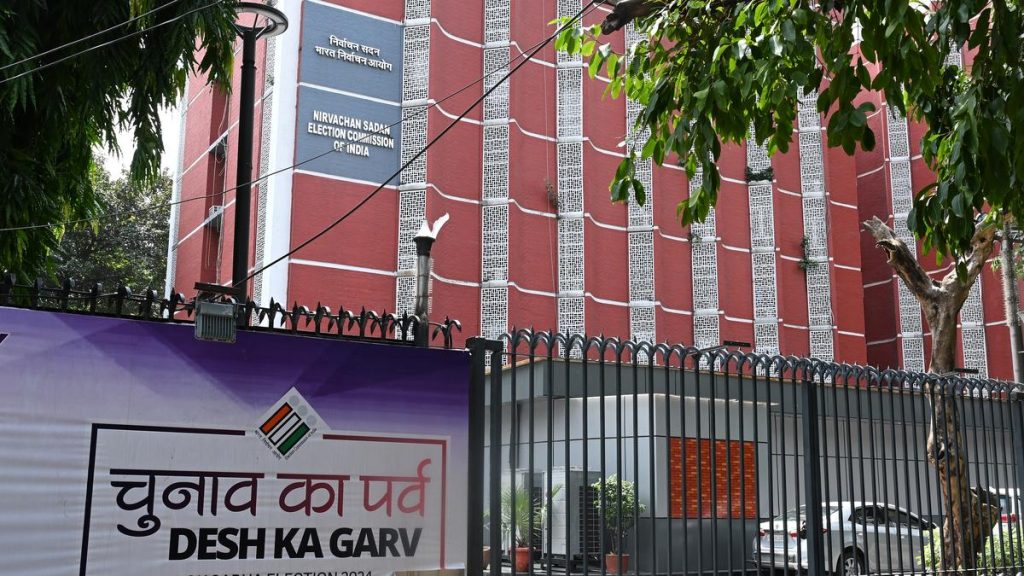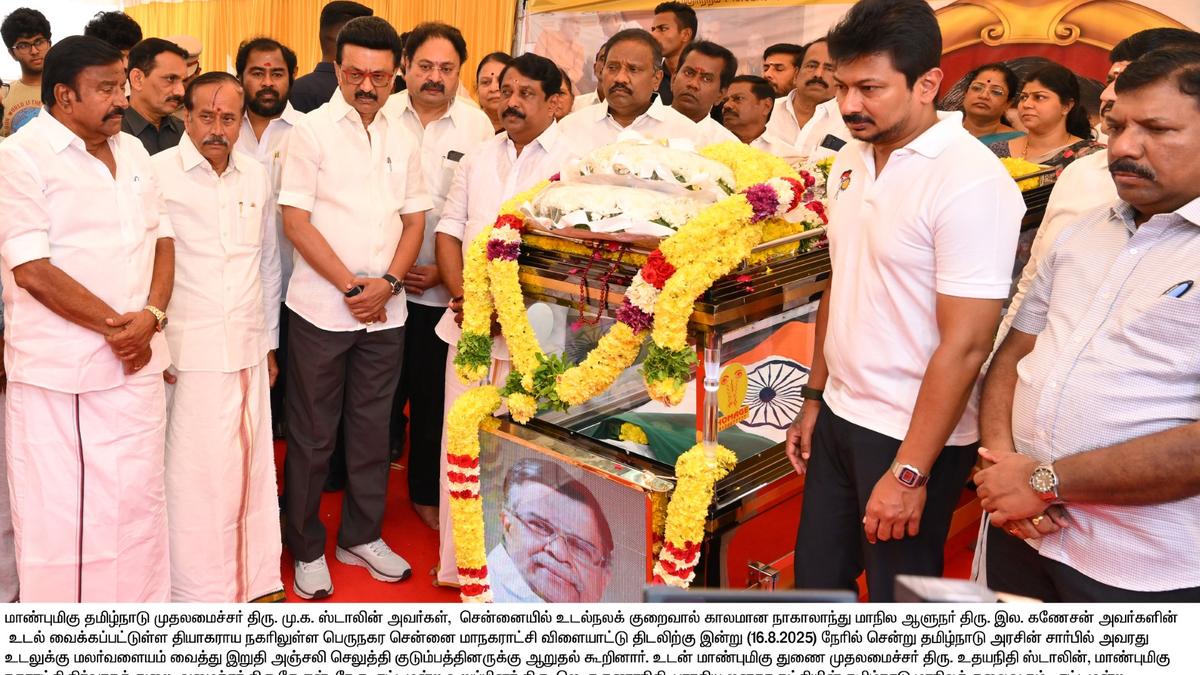Now Reading: DMK MLA Ezhilan Naganathan Submits Report on State Autonomy in Healthcare and Education
-
01
DMK MLA Ezhilan Naganathan Submits Report on State Autonomy in Healthcare and Education
DMK MLA Ezhilan Naganathan Submits Report on State Autonomy in Healthcare and Education

Rapid Summary
- DMK MLA Ezhilan Naganathan has submitted a report on “State Autonomy in Health and Medical Education” to the High-level Committee on Union-State Relations in Tamil Nadu.
- the report was presented during a consultation meeting of the committee held on August 14, 2025.
- the report highlights that while public health is a State subject under India’s constitutional framework, there has been increasing centralisation over the last two decades in areas such as health funding, medical education, drug regulation, and organ transplantation governance.
- Tamil Nadu’s strong public health performance-exceeding national averages in maternal health outcomes, infant mortality reduction, immunisation coverage, and organ donation-has reportedly faced challenges due to recent Central policies limiting States’ adaptability.
- Key recommendations include:
– Moving medical education back from the concurrent List to the State List.
– Abolishing the National Medical Commission and reinstating the Medical Council of India.
– Ensuring State consultations for designing national health programmes for better resource allocation.
– Allowing States to reallocate up to 50% of Central health grants based on local priorities without requiring Union government clearance.
Indian Opinion Analysis
The submission by DMK MLA Ezhilan Naganathan underscores longstanding tensions between Center-State relations regarding public healthcare governance in India. the emphasis on decentralising authority aligns with Tamil Nadu’s well-documented record of robust public healthcare systems and could be seen as a call for tailoring interventions closer to ground realities rather than using a one-size-fits-all approach from New Delhi.
The central focus here-a stronger role for States-is consistent with constitutional provisions designating “public health” under State jurisdiction but raises questions about coordination and standardization across India if too much autonomy is granted. Additionally, repealing central institutions like the National Medical Commission could potentially reverse attempts at introducing uniformity meant to address disparities in medical education quality across regions.
Restoring greater fiscal flexibility (by reallocating up to 50% of funds) may enable States like Tamil Nadu with proven efficiency models to innovate further but risks inefficiencies if similar freedoms are extended indiscriminately nationwide without accountability frameworks.
The debate reflects broader concerns about federalism as applied specifically within India’s healthcare sector-where equity goals at national levels must balance against regional needs and successes already demonstrated by some States like Tamil Nadu.
Read more: Link























